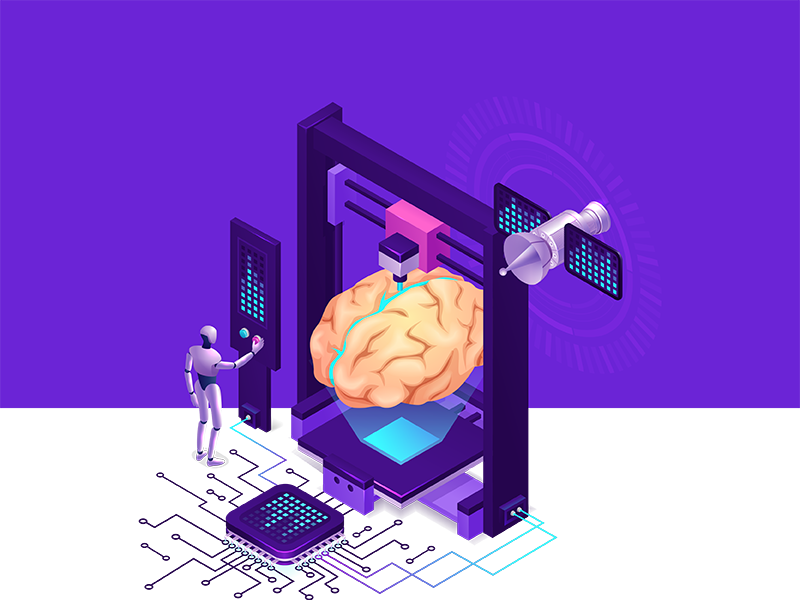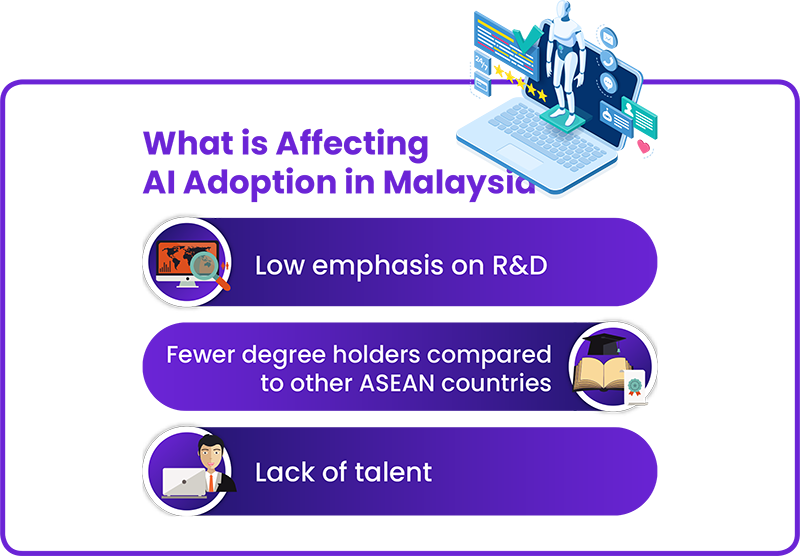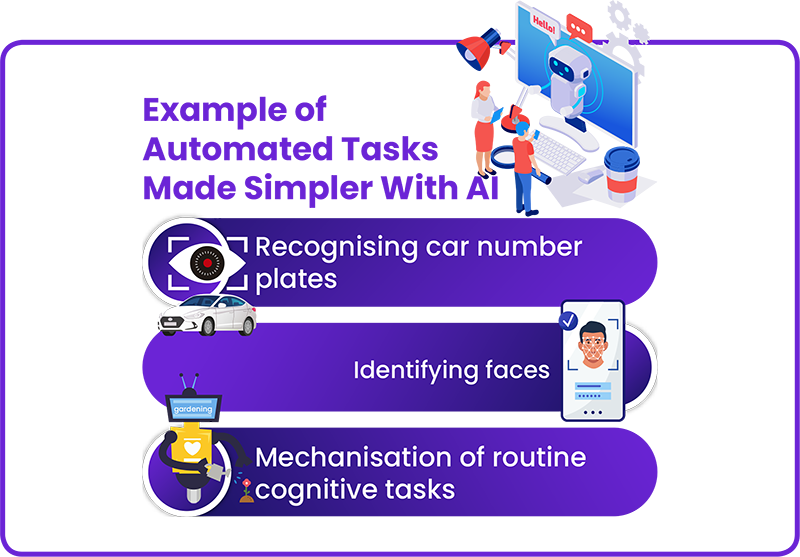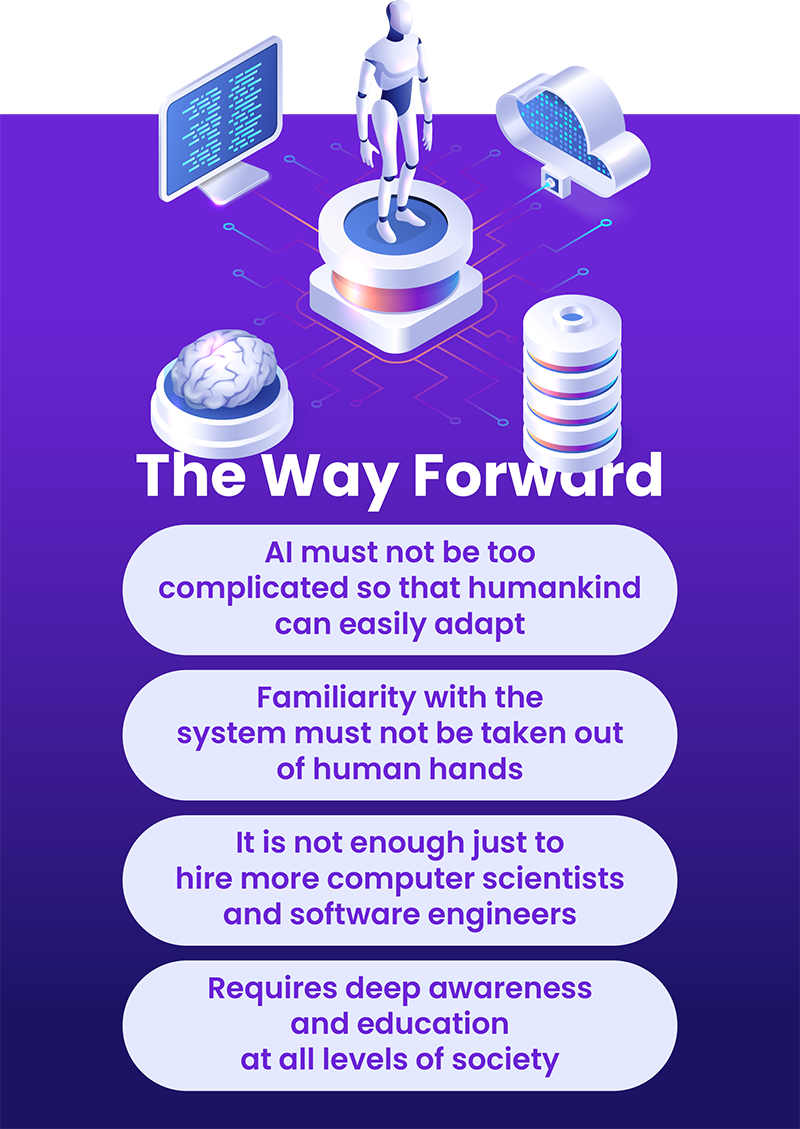AI & Organisational Transformation
AI Is Playing an Increasingly Prominent Role in Helping Leaders Reach Their Organisation’s Goals

ARTIFICIAL INTELLIGENCE (AI) has been the talk of the town in recent years. A report by PwC estimated that global GDP could grow by 14 per cent or US$15.7 trillion by 2030 as a result of AI. Closer to home, the ASEAN market is set to grow to US$5.2 trillion by 2025. The harvest is out there, but how do we reap it?
Early last year, HELP University launched its Centre for Industry Revolution 4.0 to raise public awareness of the importance of IR4.0 technologies, particularly on AI and Big Data and its future impact on society.
The effort to increase awareness on the topics was made possible through collaboration with its industry partners after signing a Memorandum of Agreement with Cybersecurity Malaysia on 6 October 2021.
MDEC also played a role in providing a larger context for the discussion on Industry Revolution 4.0, of which the university has been benefitted from the numerous training initiatives organised by MDEC with partners such as Microsoft, SAS and through the annual DTEX event.

Recently, HELP University, as a Premier Digital Tech Institution (PDTI), also launched the National Upskilling Program (NUP) for postgraduate programmes. PDTIs are digital tech-focused tertiary institutions recognised by MDEC and industry stakeholders with a proven track record in producing high-quality graduates.

In education, an over-reliance on automated systems gives rise to issues of trust, explainability and bias. Therefore, we have adopted the paradigm of augmentation, or assistance, where an AI does not replace decision-making but supplements it by recommendations. An example would be to flag at-risk student behaviours for lecturer intervention.
The data requirements and cost, ranging in the millions of dollars, of training billion parameter AI models are prohibitive. However, making use of pre-trained models and “last-mile training” is a sustainable way forward.

*This was adapted from an article written for MDEC by Dr Tang U-Liang, Head of School of Information and Communications Technology, HELP University.



